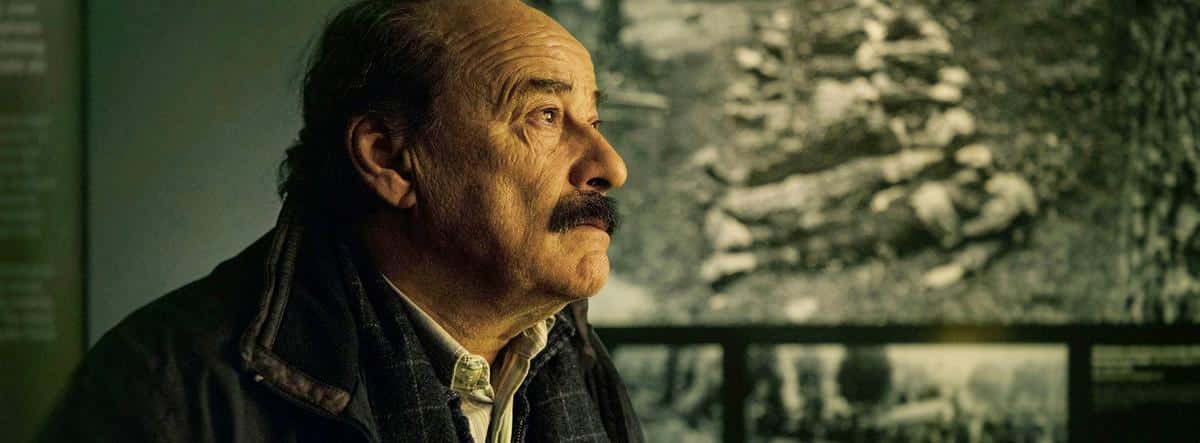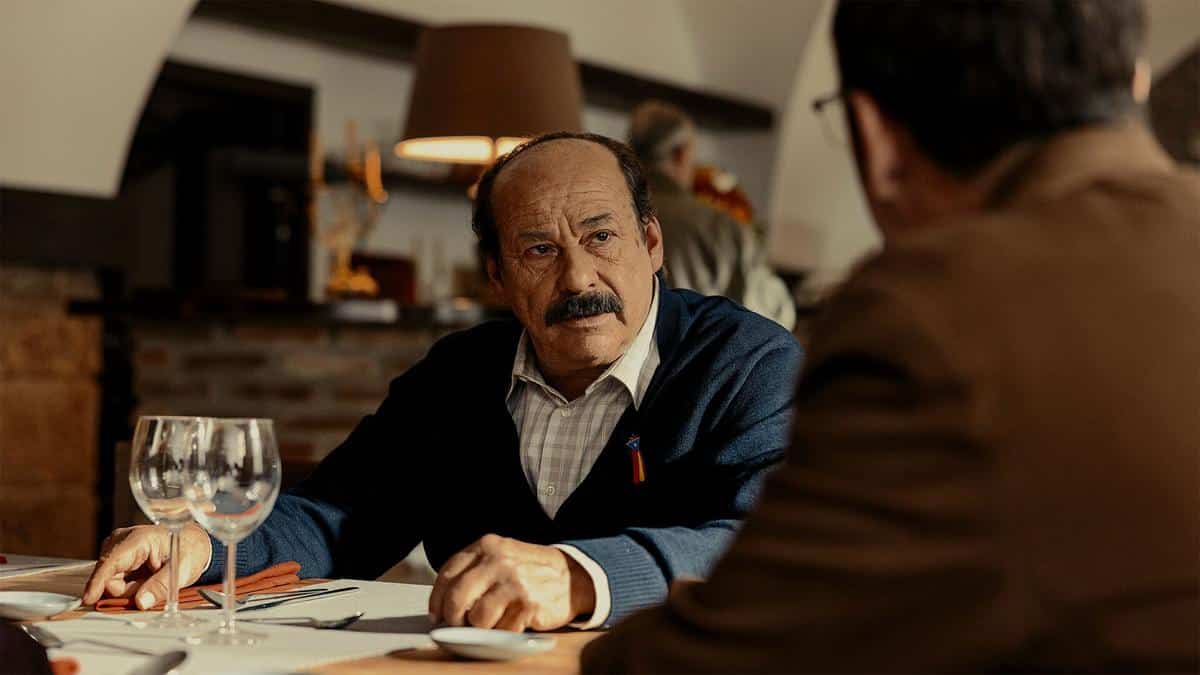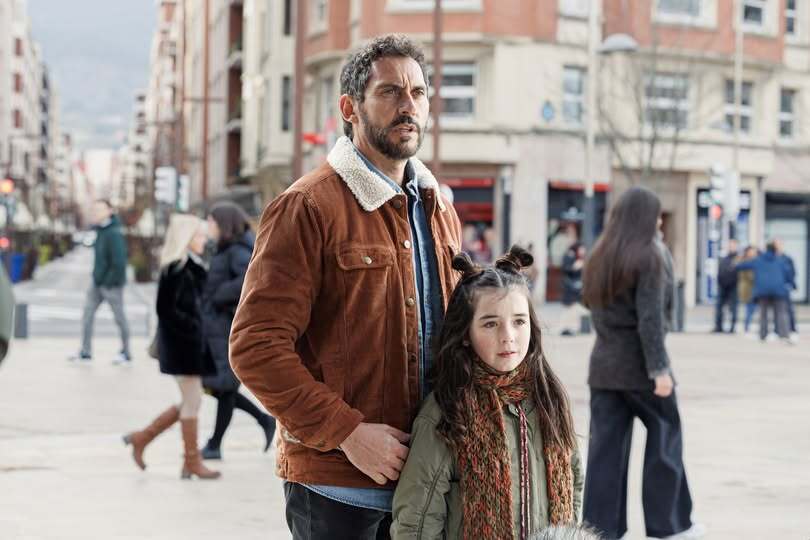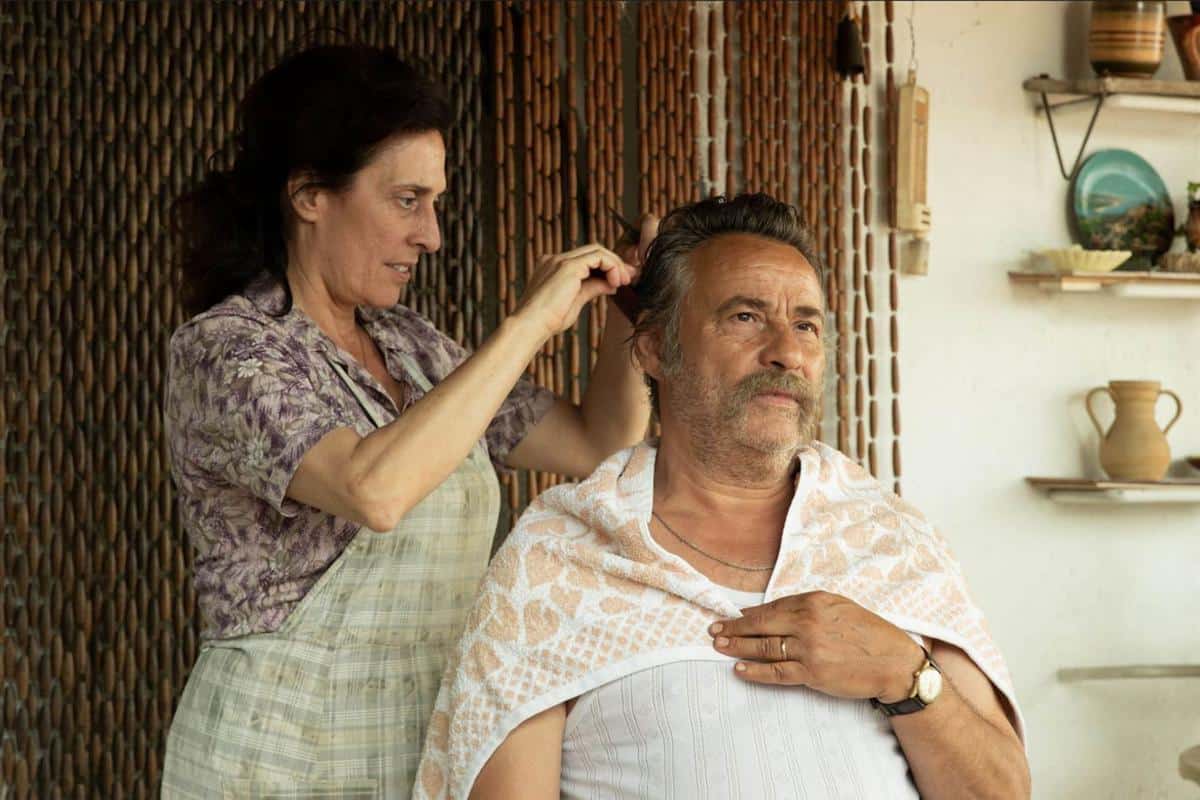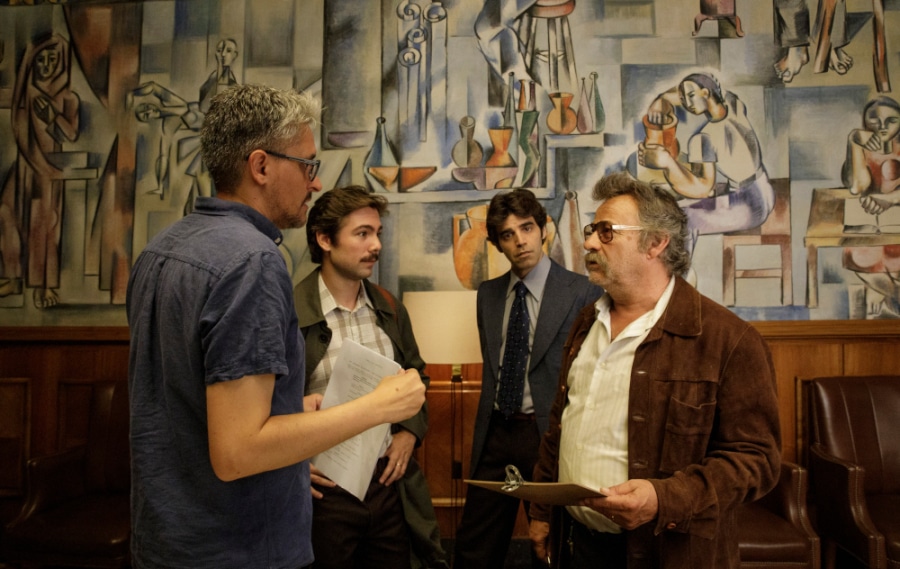Paco Plaza’s “Mugaritz: No Bread, No Dessert” is a poetic documentary that explores the inner workings of one of the world’s most inventive restaurants – Mugaritz. Led by chef Andoni Luis Aduriz, a self-proclaimed non-leader steering his energetic staff with generosity and “stepping back”, the restaurant closes from November to April each year to recreate its thematic menu. For 2025, the culinary concept is “What Cannot Be Seen”.
Plaza’s wobbly, handheld camera is distracting as it allows us to observe the detailed process of creation, trial and perfection through the eyes of what appears to be an overly caffeinated voyeur. There are many scenarios which could have been left out, minimised or replaced with more moments of tension (more than the one shown) to alleviate the feeling of being in an hour-and-a-half board meeting.
The music, composed by Mikel Salas, is bizarre. Salas uses cutlery and frying pans in an effort to match the poeticism of the cuisine, yet ends up making one feel as if they are listening to an Apple iPhone alarm instead of a sumptuous musical score. However, visually, the documentary delights.


The pastoral Basque countryside, the streamlined, cosy restaurant and the new ways in which the fragile dishes are put together all combine to give the audience a real feast for the eyes. There is an entrée tea ceremony where the cups are made from frozen, green tea leaves; then comes a broth only reachable by breaking into an edible bone with a rock and notably a soup-like-substance whereby the diner has to lean down and lick it out of a mould made to look like…well, it’s naughty.
Although “No Bread, No Dessert” has been applauded for its appeal to the masses, this reviewer feels this will appeal especially to the restauranteur and food lovers. It is fascinating for the risk-taker-chefs and those who are interested in combining cooking with storytelling. As Aduriz himself says, it is “…small sparkles and little pearls”.
To book tickets to this or any other film at the Spanish Film Festival, please visit https://spanishfilmfestival.com/.


